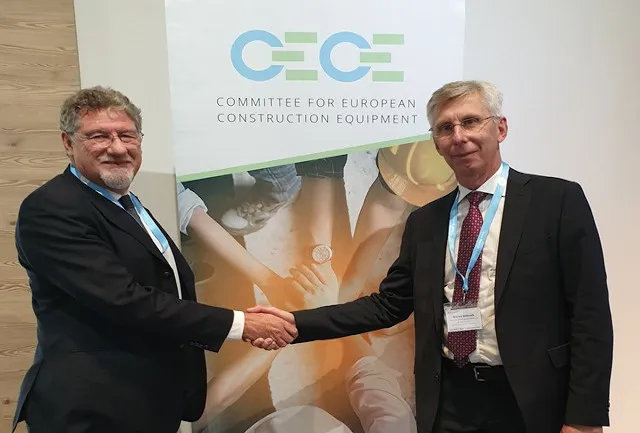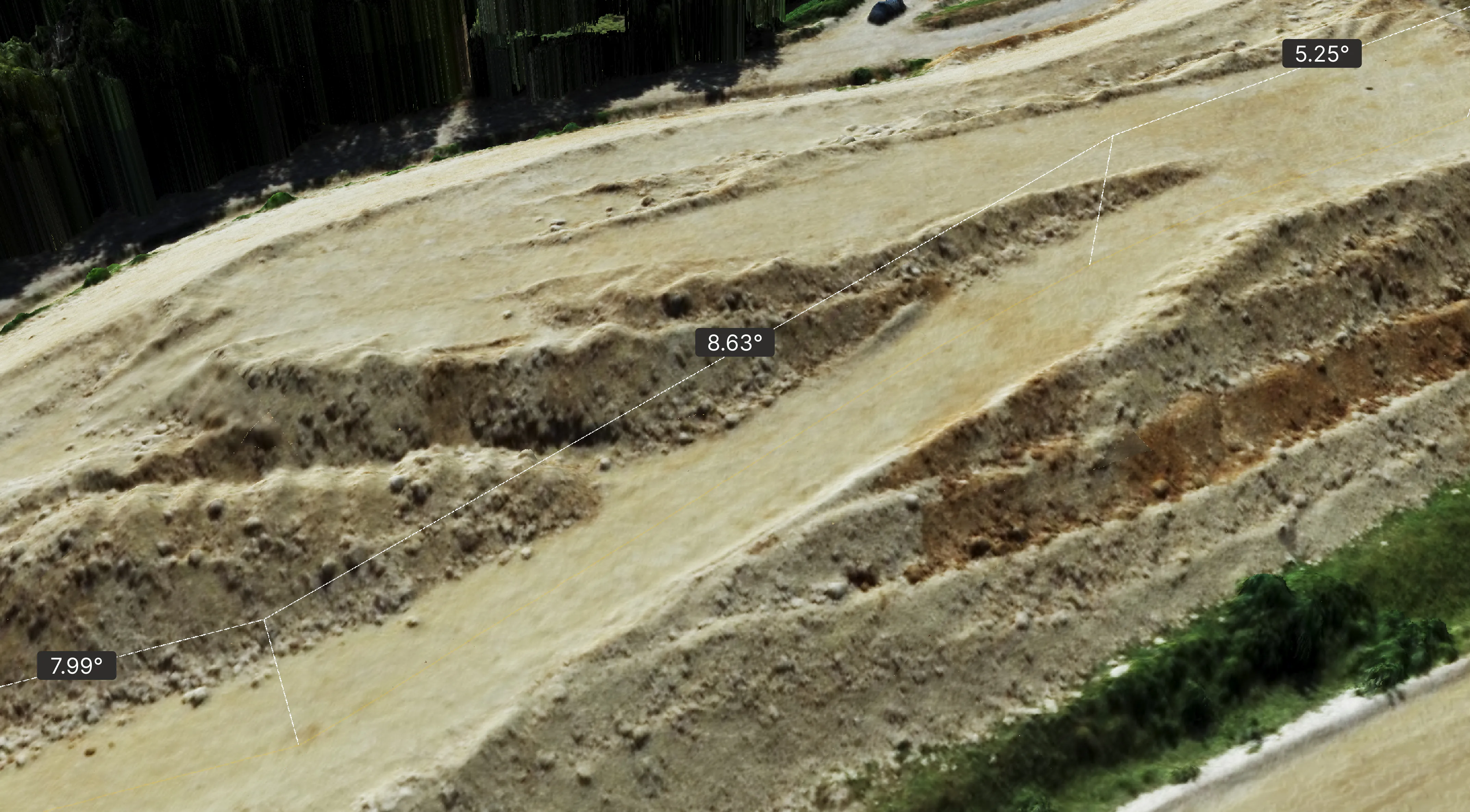The Italian construction equipment manufacturers association, UNACEA, is calling for new controls to help prevent unfair competition and also to help boost industry by providing incentives for fleet renewal.
February 29, 2012
Read time: 2 mins
The Italian construction equipment manufacturers association, 2539 Unacea, is calling for new controls to help prevent unfair competition and also to help boost industry by providing incentives for fleet renewal. The UNACEA is keen to combat the unfair competition that threatens the construction equipment industry, as well as to introduce incentives for the renewal of equipment fleets. There is support for these aims as these are some of the recommendations of the 3413 European Economic and Social Committee (EESC). According to the EESC - a consultative body that advises the 2465 European Commission, Council and Parliament acting as a bridge between the 3287 EU institutions and industry, the importation, marketing and use of non-compliant machines on the EU market represent for the European construction industry a very serious problem that compromises the firms' ability to undertake research and development activities and threatens to reduce employment volumes.
Non-compliant machines are more likely to cause accidents and frequently fail to meet the environmental standards demanded by the EU, according to the report. However the authorities lack the knowledge, skills and resources to tackle the problem, while legislation is not always clear in its defence of legal products adds the report. More and more non-compliant machines are illegally placed on the EU market without any effective action by market surveillance and customs authorities, despite stricter legislation.
Another point highlighted by the EESC concerns the measures needed to adequately safeguard the environment: "before considering developing more stringent or new legislation applying to the same products, an impact assessment should be undertaken at EU level, taking account of the possible negative consequences for the industry's competitiveness on a global market and the possible marginal improvements in practice for these machines." The irrelevance of the improvements is due to the fact that most old and polluting machines are kept in operation. In order to solve this problem, the Committee recommends that a scrapping scheme for fleet renewal be introduced and that the additional flexibility provisions concerning the emissions directive be adopted as quickly as possible. This is the European Commission's proposal to extend until 2013 the flexibility of the number of previous stage engines that can be installed on construction machines.
Non-compliant machines are more likely to cause accidents and frequently fail to meet the environmental standards demanded by the EU, according to the report. However the authorities lack the knowledge, skills and resources to tackle the problem, while legislation is not always clear in its defence of legal products adds the report. More and more non-compliant machines are illegally placed on the EU market without any effective action by market surveillance and customs authorities, despite stricter legislation.
Another point highlighted by the EESC concerns the measures needed to adequately safeguard the environment: "before considering developing more stringent or new legislation applying to the same products, an impact assessment should be undertaken at EU level, taking account of the possible negative consequences for the industry's competitiveness on a global market and the possible marginal improvements in practice for these machines." The irrelevance of the improvements is due to the fact that most old and polluting machines are kept in operation. In order to solve this problem, the Committee recommends that a scrapping scheme for fleet renewal be introduced and that the additional flexibility provisions concerning the emissions directive be adopted as quickly as possible. This is the European Commission's proposal to extend until 2013 the flexibility of the number of previous stage engines that can be installed on construction machines.









